Cat hate reflects an ugly, stupid, loutish, bigoted spirit. There can be no compromise with this ugly spirit
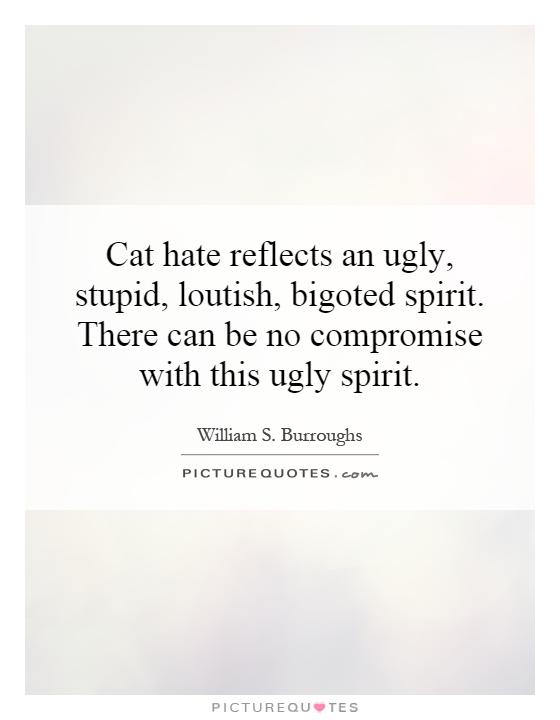
Cat hate reflects an ugly, stupid, loutish, bigoted spirit. There can be no compromise with this ugly spirit
William S. Burroughs, the iconic Beat Generation writer known for his avant-garde style and controversial subject matter, was no stranger to pushing boundaries and challenging societal norms. In his work, Burroughs often explored themes of addiction, sexuality, and the darker aspects of human nature. One of the recurring motifs in his writing was the idea of the "ugly spirit" that lurks within us all, manifesting itself in various forms of hatred and prejudice.In his essay "Cat Hate," Burroughs delves into the disturbing phenomenon of people who harbor a deep-seated animosity towards cats. He argues that this hatred is not just a harmless quirk or personal preference, but rather a reflection of a much deeper and more insidious problem within the individual. The act of hating cats, according to Burroughs, is a symptom of a larger issue: an ugly, stupid, loutish, bigoted spirit that infects the person's entire being.
Burroughs makes it clear that there can be no compromise with this ugly spirit. He sees cat hate as a form of irrational prejudice that is indicative of a closed-minded and intolerant mindset. By fixating on something as innocuous as a cat and allowing that hatred to fester and grow, the individual is revealing a fundamental flaw in their character. This kind of bigotry, Burroughs argues, is not something that can be reasoned with or appeased. It is a toxic force that must be confronted and eradicated.


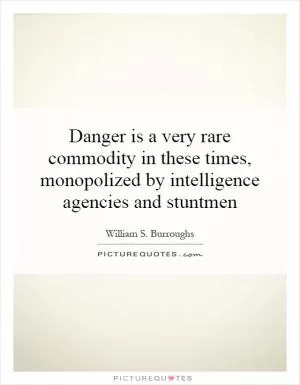
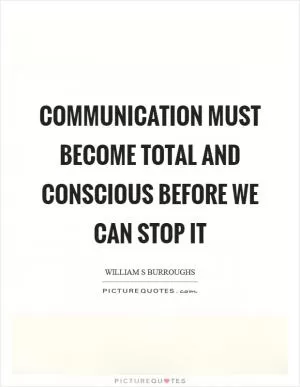
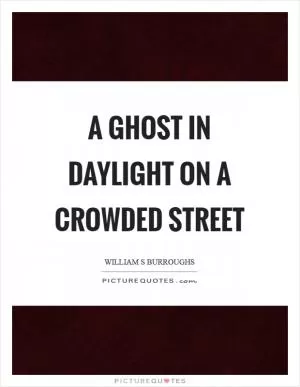
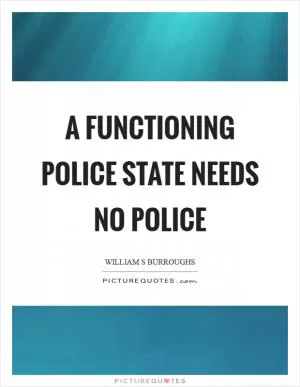
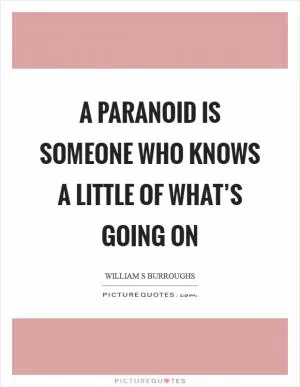

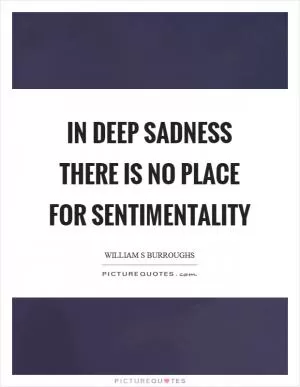

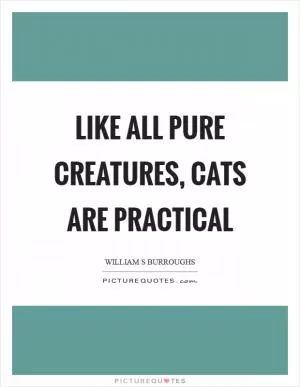

 Friendship Quotes
Friendship Quotes Love Quotes
Love Quotes Life Quotes
Life Quotes Funny Quotes
Funny Quotes Motivational Quotes
Motivational Quotes Inspirational Quotes
Inspirational Quotes